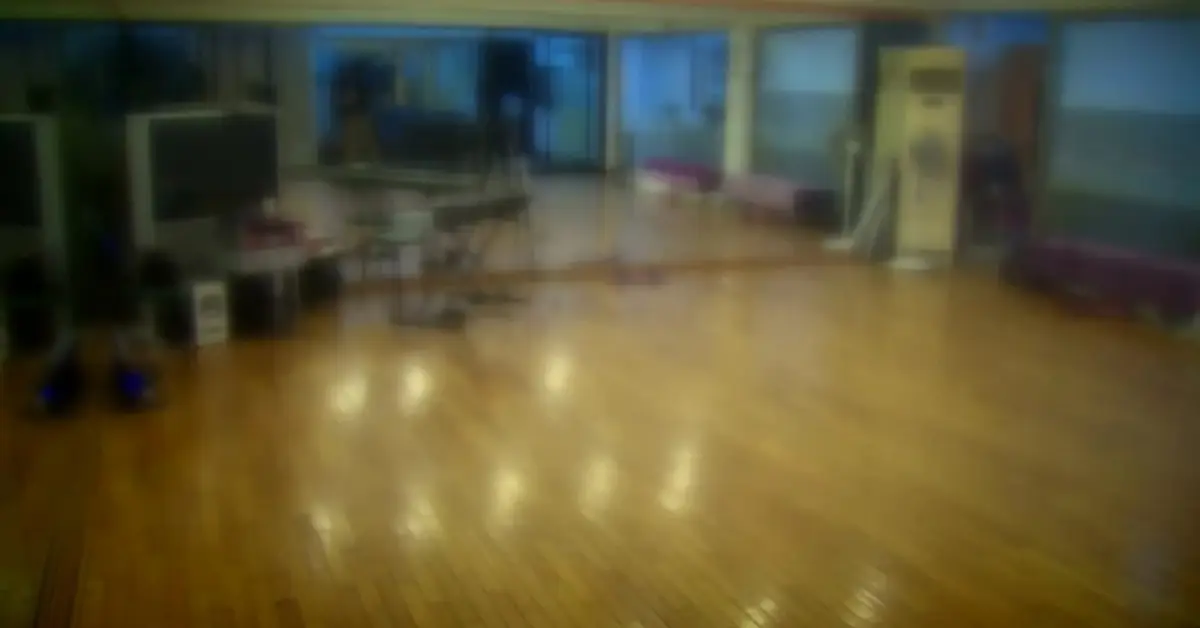K-pop has recently experienced an unprecedented boom in influence and revenue, however, the future of K-pop is not looking very bright.
According to data released by the Korea Creative Content Agency, the number of K-pop trainees working for agencies dropped from 1,895 in 2020 to 1,170 by the end of 2022. That’s a plunge of 38.3% in just two years.
Not only are fewer trainees trying out, but the number of trainees already with agencies voluntarily dropping out has also increased. This is because the percentage of trainees making their debut as actual entertainers has decreased by about 20%, from about 80% in 2016 to about 65% in 2022.
KoDATA Solutions Team Leader commented, “As the percentage of trainees becoming actual entertainers decreases, smaller agencies are increasingly giving up on training trainees…”
What are the reasons for this decline in the number of K-pop trainees? Those in the field point to a change in teenagers’ career preferences as the most likely cause. According to the annual survey released by the Ministry of Education, among the top 10 desired careers for elementary school students, a singer dropped from 6th place in 2009 to 9th place between 2019 and 2021.
For middle school students, a singer was ranked as the 7th most desired career in 2009 but has dropped out of the top 10 since 2019. Notably, high school students have not included a singer in the top 10 rankings at all since 2009.
Entertainment agency representative commented, “Influencers require a shorter time to make money and the output is more immediate than the uncertainty of whether they will make money after the trainee period.”
K-pop has seen an unprecedented boom in recent years. However, those on the front lines are facing difficulties in supplying future K-pop talent. The industry is actively hiring international trainees and holding global auditions but more fundamental causes and measures need to be taken.
Tags: –
You May Also Like: –
Trending Now















